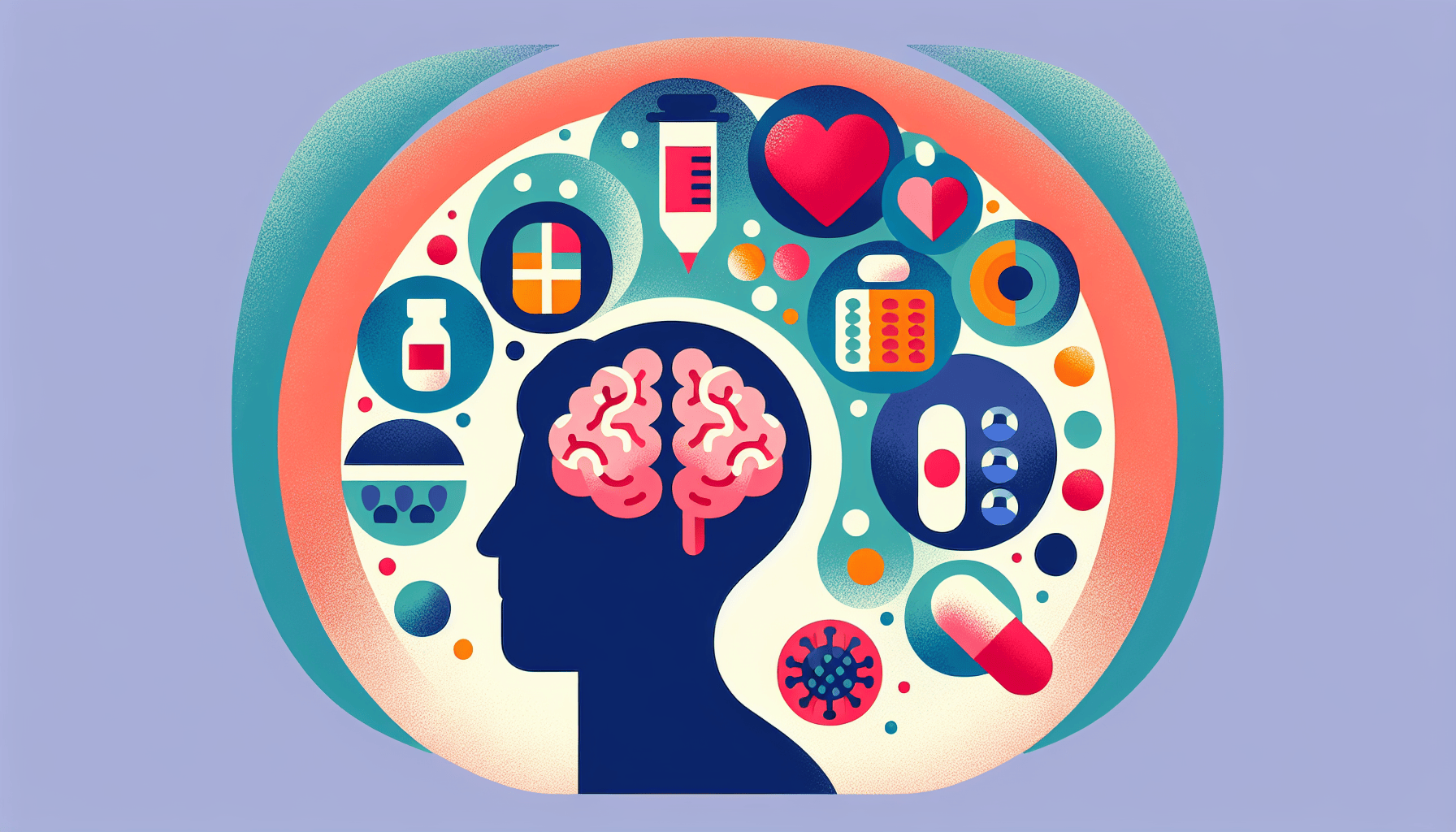A brain lesion is an area of damaged tissue within the brain caused by injury, infection, or disease. While the definition may seem straightforward, brain lesions can vary greatly in size, number, and severity. Some lesions may be relatively harmless, while others can be life-threatening.
Causes of Brain Lesions
Brain lesions can have many different causes, including:
In many cases, the exact cause of a brain lesion may be unknown.
Symptoms of Brain Lesions
The symptoms of a brain lesion can vary depending on its type, location, and size. Some common symptoms include:
Headaches
Neck pain or stiffness
Nausea, vomiting, and lack of appetite
Vision changes or eye pain
Changes in mood, personality, behavior, mental ability, and concentration
Memory loss or confusion
Seizures
Fever
Difficulty moving
Types of Brain Lesions
There are several different types of brain lesions, each with its own characteristics and potential impacts on health. Some common types include:
Abscesses: Areas of infection that include pus and inflamed tissue. While rare, they can be life-threatening.
Arteriovenous malformations (AVMs): Tangles of abnormal arteries and veins that can rupture, causing bleeding in the brain.
Cerebral infarction (stroke): Death of brain tissue due to lack of blood flow.
Cerebral palsy: A type of brain lesion that occurs during fetal development or delivery, affecting movement and communication skills.
Autoimmune diseases: Multiple sclerosis is the most common which can damage myelin in the brain and spinal cord, but many other autoimmune diseases including neuromyelitis optica can also result in similar brain lesions.
Tumors: Abnormal growths of cells that can be benign (noncancerous) or malignant (cancerous).
The methods used to diagnose brain lesions depend on the symptoms present. In many cases, CT and MRI imaging studies help pinpoint the location, size, and characteristics of the lesions. Blood and other lab tests may also be performed to look for signs of infection.
Treating Brain Lesions
Treatment for brain lesions depends on the specific type of lesion and its underlying cause. The goals of treatment may include providing a cure, relieving symptoms, or improving the quality or length of life. Some common treatment approaches include:
Monitoring the lesion if it is not causing problems or growing
Surgical removal of the lesion, if possible
Chemotherapy and radiation therapy for cancerous lesions
Medication to fight infections or calm the immune system
Therapies to relieve symptoms associated with the brain lesion
If you have concerns about brain lesions or are experiencing symptoms, it's essential to discuss your individual situation with a healthcare professional. Together, you can determine the best course of action for identifying, treating, and managing brain lesions. For more information, consult reputable sources such as the National Institute of Neurological Disorders and Stroke.



